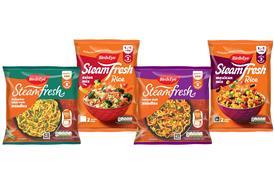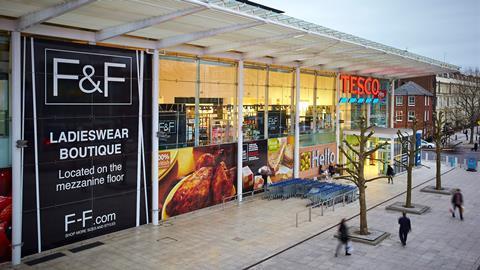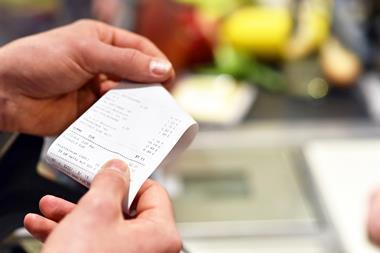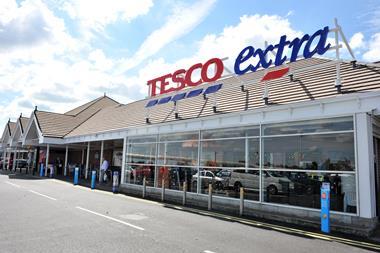Tesco’s results announcement today was exemplary in every way. Announcing a whopping 58% increase in operating profits to £2.83bn in the middle of a cost of living crisis isn’t a good look.
But CEO Ken Murphy made all the right noises: first, he prefaced the announcement with a note about the war in Ukraine, with “the entire Tesco family… thinking of all the people affected”. Heartfelt.
Second, there was unstinting praise for the Tesco family. The performance was “entirely down to the brilliant performance of all our colleagues”. Humble.
Third – and perhaps most important – was the guidance on future profits. In advising that operating profit would be “between £2.4bn and £2.6bn”, he signalled a profit warning in a way that demonstrated not only “the significant uncertainties in the external environment” but the controlled measures Tesco is taking to remain competitive.
Tesco has a “laser-like” focus on value, he stressed, pointing to EDLP initiatives that target the discounters (Aldi Price Match) and the variety discounters (Low Everyday Prices) as well as Clubcard Prices, where sales penetration has soared to an astonishing 86%. “We’re making more products, more affordable than anyone else,” he claimed.
Combined with a new three-year cost saving programme (‘Save to Invest’) Tesco is “working hard to hold inflation back”, increasing prices “a little bit less and a little bit later” he explained, in a rather neat extension of the ‘Every Little Helps’ mantra.
At the same time, there were references to the recent cost price increase on Tesco milk – a useful shorthand for acknowledging Tesco’s sensitivity to the particular pressures of British farmers – while warning that products heavily exposed to energy and feed costs in particular would be mitigated by a promise to “work very closely with our suppliers”.
Suppliers of course are one of the three crucial stakeholders in Tesco’s love triangle.
And it was noticeable that shareholders were not included, barely warranting a mention from Murphy.
That doesn’t mean Tesco isn’t mindful of its shareholders. Far from it. There was a 19% increase in the dividend. But the message here was one of subtle prudence, in which Tesco signalled to the City that it was focused on doing the right thing for shoppers, colleagues and suppliers.
It’s a message the City didn’t particularly relish, with the share price down as much as 8% in early trading to 253p, before recovering to 264.45p. On the other hand, if you’re not putting the customer first in a cost of living crisis like this, and base your decisions only on milking the machine, there will be hell to pay further down the line.
That’s the lesson Tesco has learned. It’s in control of the narrative. Which is not something you can say about some of its rivals.




















No comments yet